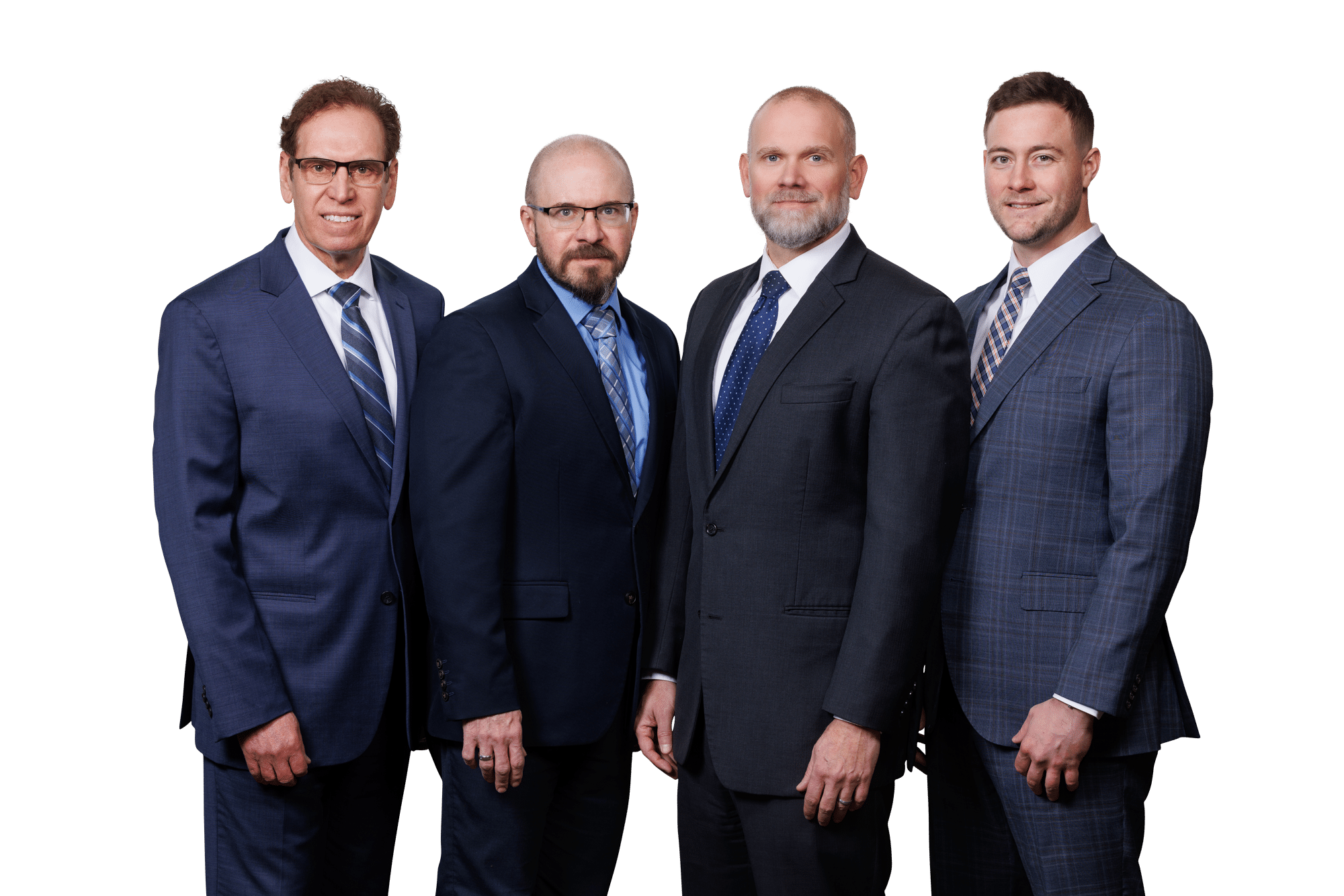Slip and fall incidents are among the leading causes of personal injury in the United States, yet they are one of the easiest accidents to prevent. A lax attitude about dangers on commercial premises can leave fall hazards and unstable shelving unaddressed until someone sustains a severe injury.
Colorado Premises Liabilities Law Explained
Colorado has enacted statutory laws that have replaced the common law negligence standard. These laws hold landowners responsible for injuries that visitors sustain while on their property, but the liability standard differs depending on the visitor’s classification. This classification system is addressed below. Premises liability can cover many injuries, including slip and fall incidents, dog bite cases, drownings, and falling objects. Dog bite cases have statutory provisions specific to such incidents but can also be brought as a premises liability case in some situations.
However, only some slip-and-fall events will lead to a successful premises liability claim. Colorado’s premises liability law aims to help individuals determine when an injury on commercial premises qualifies for a civil claim and when it does not.
The law specifies that claims can only be made if:
- The owner or occupant of the premises acted willfully or deliberately toward a “trespasser.”
- The owner or occupant created a danger and knew about it or knew about a danger and failed to warn of the danger regarding a “licensee,” or
- The owner or occupant knew about a danger or should have known but did not take reasonable steps to protect others against the threat in regard to an “invitee”
Colorado law considers the injured person’s reason for being on the premises when determining fault. It places visitors into three categories: trespassers, licensees, and invitees. These categories are defined within 13-21-115, C.R.S. (updated in 2021).
- A trespasser is any person who entered or remained on the landowner’s premises without the landowner’s consent. This can include people who may have previously had permission to be on the property but did not have permission at the time of the slip and fall (i.e., a customer who remained on the property or came to the property after a store closed). Unlike others, a trespasser can only recover damages deliberately or willfully caused by the landowner.
- A licensee is any person who entered or remained on the landowner’s premises for their own personal interests or convenience. Most party guests and visiting family members fall under this category. The licensee can recover damages caused by the landowner’s failure to repair or prevent dangers that the landowner knew about and any dangers that the landowner didn’t warn others about that don’t typically exist in the space (ex., extension cords for sound equipment).
- An invitee is any person who entered or remained on the landowner’s premises after receiving a clearly expressed or implied invitation to the premises to engage in business that both parties are “mutually interested in.” This can include customers who come to shop at a local business or public events like town hall meetings. The invitee can only recover damages caused by the landowner’s failure to repair or prevent dangers that the landowner knew about or should have known about.
When all of these factors are considered, it can be determined whether your injury meets the criteria to pursue a legal claim. Since the negligence standard has been modified, it is not simply a question as to whether the owner’s conduct was reasonable under the circumstances. Clearly, the law favors commercial customers and disfavors trespassers.
Factors That Impact Colorado Slip and Fall Claims
Although Colorado’s premises liability laws outline the aspects of liability, other factors impact your case.
Some of these factors include:
- How much time lapses between the fall and your claim,
- The amount of evidence you have to show the owner or occupant’s liability, and
- The factual circumstances a defendant can use to place a portion of the blame back on you.
Statute of Limitations
Nearly all legal claims have a time limit on bringing the action. This means one only has a certain amount of time to file a lawsuit against a person or organization in cases involving injuries or property damage.
According to Colorado Revised Statutes, section 13-80-102, C.R.S., any civil case involving personal injury claims must be filed within two years of the event. This two-year window starts from the date of the accident, not the date the plaintiff received medical care for it. This same window also applies to property damaged in the incident, including cell phones or other costly possessions. (However, motor vehicle incidents are statutorily increased to three years.)
Therefore, it is better to be proactive in these types of claims, even if you are unsure of the full extent of your injuries or damages. The longer you wait, you risk losing evidence and witnesses and being prohibited from filing a claim due to the expiration of the statute of limitations. If an injury on a commercial property occurred on January 1, 2024, one must bring the claim within two years or by December 31, 2025 (not by January 1, 2026).
Proving Premises Liability
When you file any type of personal injury claim, you are essentially saying that something the defendant did directly caused your injury. Slip and fall cases are no exception to this rule. The law states that filing such a claim means that you have evidence to support your claim that the landowner either caused the dangerous situation that led to your fall or was fully aware of the hazardous situation but did nothing to repair the dangerous condition or warn others about the danger.
In some situations, landowners could argue that they were unaware of the danger that led to the slip and fall event. They may also claim that certain areas, such as public sidewalks outside of the building, are not their responsibility to maintain. Finally, some defendants may say that situations outside of their control, like rapidly changing weather conditions or a drink recently spilled by another customer, which occurred so recently that it was unknown to the owner or the owner’s employees, created the dangerous conditions that led to the plaintiff’s injury.
Unfortunately, the wording of the law, which has intentionally modified the negligence standard, makes proving fault a complicated part of any slip-and-fall claim in Colorado.
Modified Comparative Fault
Colorado and several other states allow modified comparative fault when determining damages or financial compensation for all personal injury cases. In other words, in a jury trial, the jury will use all evidence provided to determine how much fault rests on the defendant and whether the plaintiff shares some of the blame. Any verdict for the one making a claim (plaintiff) will be reduced based on the percentage of fault attributed to the plaintiff.
For example, if a visitor at a store failed to seek the assistance of a store employee despite warning advice when attempting to reach an object on a high shelf, they could be found partially at fault for a heavy object falling and hurting them.
In this hypothetical instance, the verdict amount will be reduced by the percentage of fault attributed to the one who brought the lawsuit. If the plaintiff, who brought the suit, is 50% or more at fault, then the plaintiff will not receive any compensation from the defendant because they equally share the blame in the situation. If the plaintiff was found to be 20% at fault, his aware would be reduced by 20%.
How Do I Know if My Slip and Fall Accident Qualifies?
Premises liability claims are rare cases, especially if you try to do all the legwork and evidence collection yourself. Unless the harm caused to you was minimal, without hospitalization or missed work, you would need an attorney with hands-on experience in these claims to determine the best approach for your case.
Personal injury claims are the types of cases that Killian, Davis, Richter & Fredenburg, PC has focused its practice. We are skilled attorneys who thoroughly research and prepare every case based on our client’s circumstances, concerns, and goals. With over 30 years of experience, we know the ins and outs of personal injury law, including premises liability laws. However, most of these valid cases are settled without going to trial.
When you contact our office, we will look at your premises liability case from all angles to determine the best course of action. We will do the legwork to file your claim and manage negotiations with the landowner or his legal representatives so you can focus on healing and moving forward with life while the process plays out.
We will advise you on whether it makes sense to take your slip and fall case to court or settle outside of court. Our team has decades of experience and ensures you receive the compensation you deserve based on your fall and the injuries it caused.
If you have been injured due to a dangerous condition on a commercial property, please contact Killian, Davis, Richter & Fredenburg, PC, for a free case consultation.

